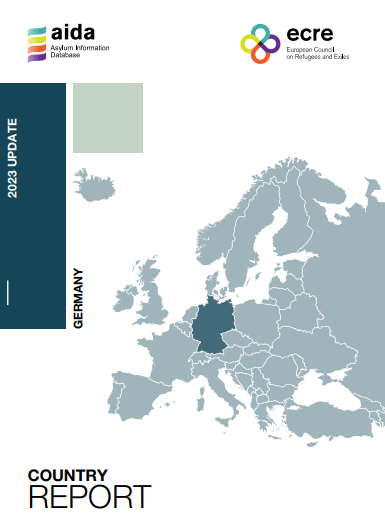Germany’s asylum policies have come under scrutiny, revealing procedural delays and inconsistencies in integration support that disproportionately affect vulnerable asylum seekers. The 2023 policy update stresses that improvements in processing times, healthcare access, and social services are essential to meet European standards.
Detailed Analysis
The report identifies extensive delays in asylum processing and significant regional disparities in housing, healthcare, and legal support. These challenges affect thousands of asylum seekers, particularly vulnerable groups like unaccompanied minors and women facing trauma or violence, who often lack access to specialized services. Legal support, unevenly distributed across states, further exacerbates difficulties, leaving many asylum seekers without adequate resources to navigate complex cases.
Social integration is also highlighted as a critical need. Insufficient language programs and limited job training hinder stability for asylum seekers, creating longer-term socioeconomic challenges.

Recommendations
The report calls for enhanced federal oversight to improve consistency in services, support for legal aid, and tailored assistance for vulnerable groups. Emphasizing coordinated reforms, these recommendations aim to ensure a fair, humane asylum process and align Germany with EU standards.
This comes at a time when Germany has intensified border controls and begun deporting some asylum seekers, including Afghans facing life-threatening conditions in their home country. Recent comments from Germany’s Finance Minister suggest further restrictions may be on the horizon, targeting specific groups, including Ukrainians, and signaling a shift in Germany’s traditionally open asylum policy.
For an in-depth analysis, view the full report here